IAVOR STOYANOV, Plaintiff-Appellee, v. HIMONT LAW GROUP, LTD. and AL HAROON HUSAIN, Defendants-Appellants. [2024 Ill. App. 221434 (Ill. App. Ct. 2024)]
This case raises the issue of appropriate sanctions for discovery abuse in a legal malpractice action. The trial court struck the defense attorney’s expert witness disclosure and entered a default liability judgment against him as sanctions for filing three consecutive expert witness disclosures that were fabricated. The appeal involves an application of Supreme Court Rule 219(c).
Details of the Underlying Case
Plaintiff Iavor Stoyanov (“Client”) brought an action for professional negligence against his former attorney, Al-Haroon Husain, and Husain’s law firm, Himont Law Group (“Defendants”), claiming misappropriation of approximately $400,000. During discovery, Defendants filed three consecutive expert witness disclosures. Each one named an expert, stated that the expert had reviewed all case materials, and formed an opinion that the Defendants had not committed malpractice.
However, Defendants had fabricated each of these expert witness disclosures. The first expert had never been contacted, the second had been contacted but not hired, and the third had been approached to testify but had never completed a case review nor formed an opinion. As a sanction under Supreme Court Rule 219(c), the trial court struck Defendants’ expert disclosures and answer to the complaint, entering a default judgment for $400,000, plus interest and attorney fees.
Defendants appealed, arguing that the sanctions were inappropriate and/or excessive.
Application of 26 Rule 219(c)
The three-judge panel of the Appellate Court of Illinois, First District, considered whether the sanctions awarded were just under Ill. S.Ct. R. 219(c). That Rule provides that if any party “unreasonably fails to comply” with the Court’s discovery orders, the Court may enter any orders as are just, including striking any portion of the offending party’s pleadings relating to that issue and entering judgment on that issue.
The Court noted that entering a default judgment is a drastic sanction only appropriate when a party’s actions show a “deliberate, contumacious, or unwarranted disregard of the court’s authority.” The trial court had determined that Defendants’ errors in the disclosures were intentional, and the Appellate Court panel gave this finding deference. It noted that the trial court was in a superior position to observe witnesses, judge their credibility, and determine the weight their testimony should receive.
Defendants cited caselaw holding that the dismissal of a party’s pleading was an unreasonable sanction. However, the Court found it inapplicable. In each of the cases, the good faith of the sanctioned parties was a major factor in the ruling, whereas in this matter, Defendants acted disingenuously.
Legal Disclaimer: The information on this blog is for general informational purposes only and does not constitute legal advice. It is based on current legal standards but does not create an attorney-client relationship. For advice specific to your situation, consult a qualified attorney.
The views expressed are those of the individual authors and do not reflect those of any affiliated organizations or a single Katz Law Firm lawyer or agent. The accuracy and applicability of the information may vary. The blog owner and authors assume no liability for actions taken based on this content. Always seek professional legal counsel before making any legal decisions.



















